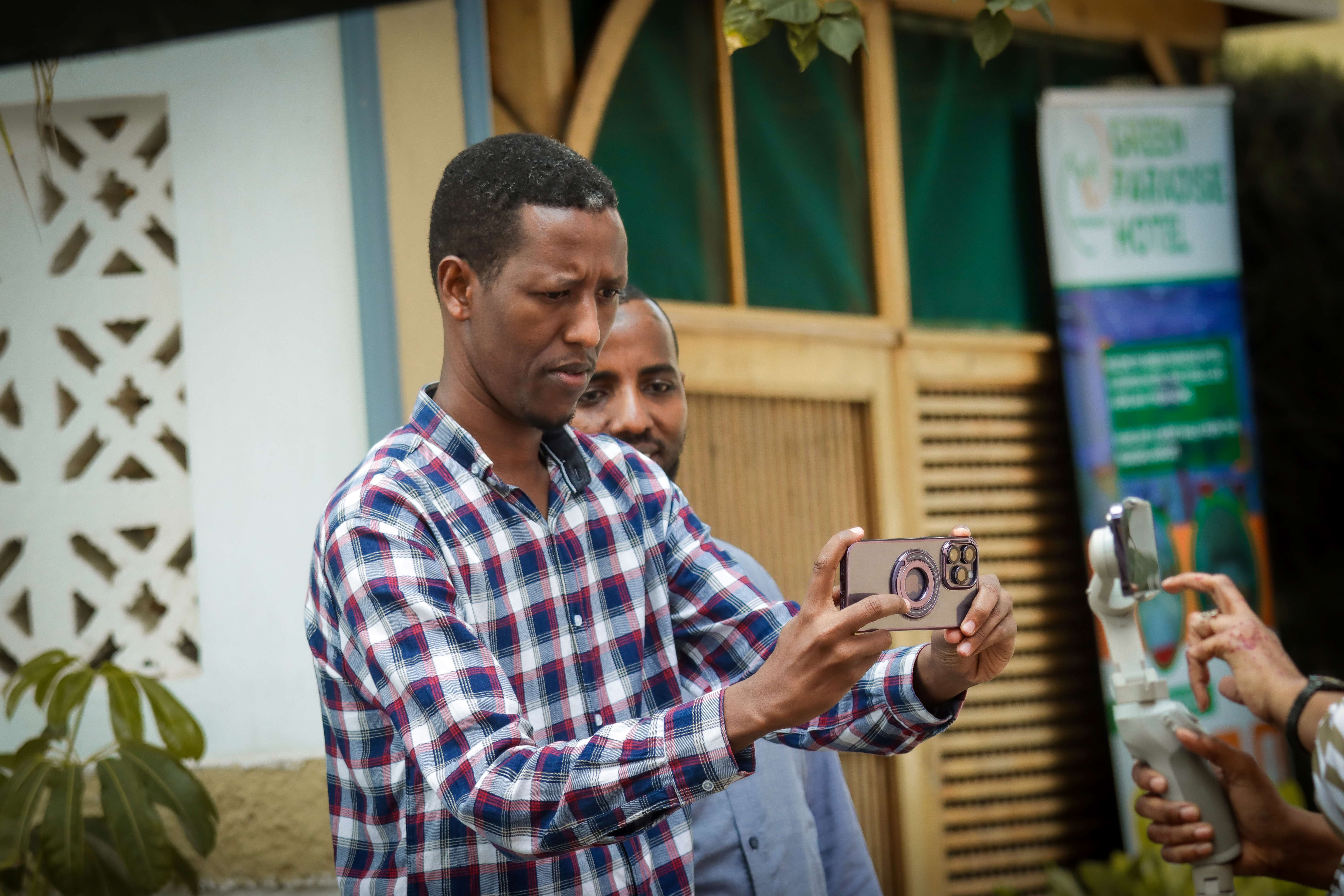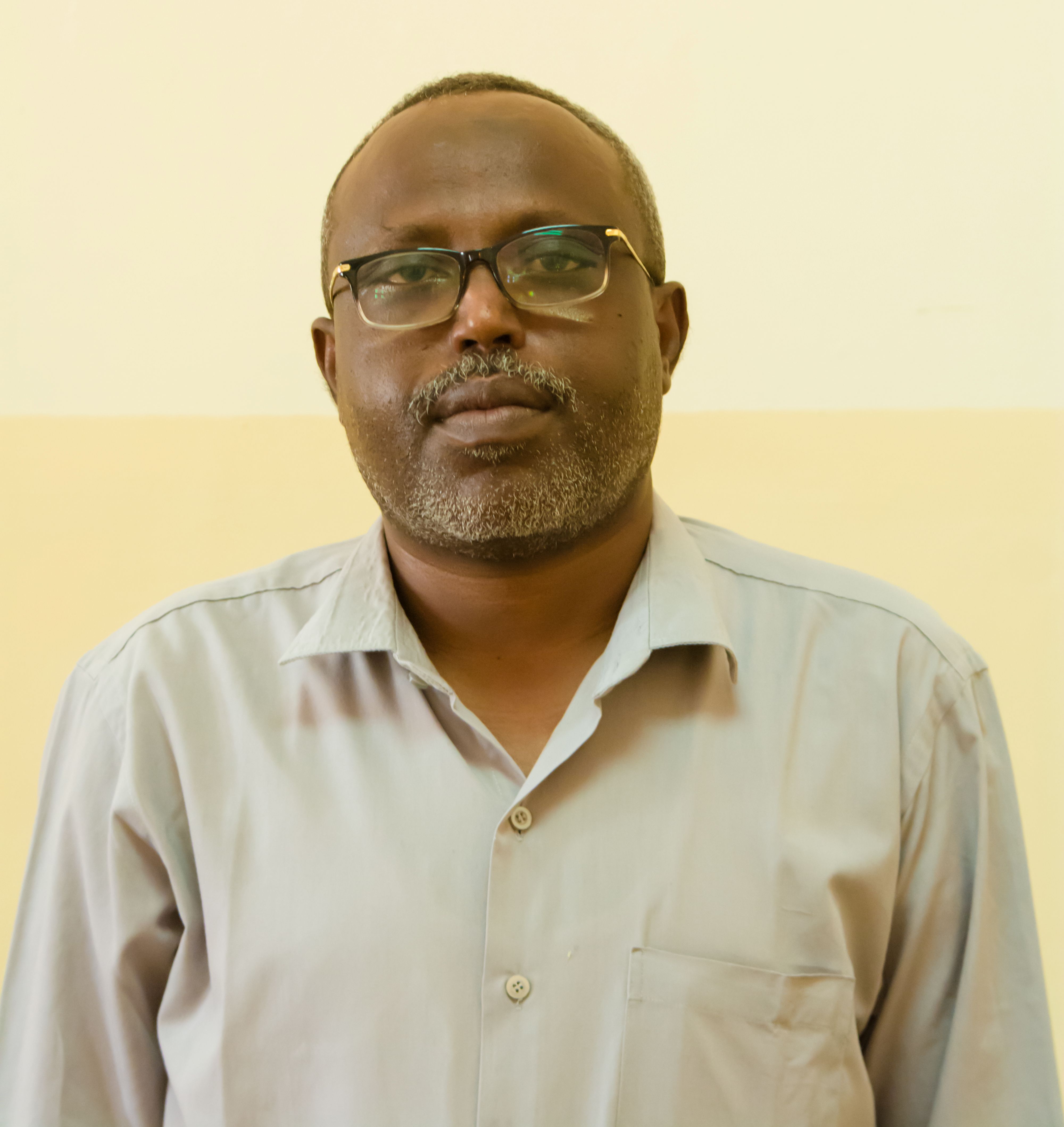This article was originally written in Arabic and translated into English
When French sociologist Pierre Bourdieu was asked about the contribution of the suburbs to elections, he replied that decades of colonialism and complex problems cannot be summarised in 10 minutes. The value of social sciences in supporting journalism is demonstrated when they address issues of society, power, and identity for the sake of better journalism.
• This article won the Attendance Award at the Arab World Journalism Colleges Forum (October 2023)
Journalism and media education play a crucial role in shaping the public’s perspective and awareness of social, political and cultural issues. For this reason, journalism education must be closely linked to the social sciences, as it enhances students’ understanding of the societies in which they work and enables them to provide more nuanced and effective reports.
As the world evolves and becomes increasingly complex, it becomes essential to integrate social sciences into journalism education. The social sciences enhance our understanding of many societal, cultural, and economic aspects that play a crucial role in news and journalistic reporting. In this article, we will discuss the importance of integrating social sciences into journalism education and its potential benefits.
Expanding the Vision
One of the main benefits of integrating social sciences into journalism education is that it allows journalists to gain a deeper and more comprehensive understanding of the events and issues they cover and engage with them. Instead of providing superficial reports that are limited to the surface of events, journalists with a background in social sciences can shed light on the social, cultural, and political factors that influence those events.
By studying social concepts such as identity, discrimination, and power, journalists can analyse how these concepts affect events and individuals. For example, a journalist who understands the concept of social identity can gain a better understanding of how race, gender, or social class affect people’s experiences and attitudes. Additionally, journalists can use this social knowledge to ask the right questions and analyse data more accurately. They can also report on issues that reflect the social and cultural context of the problems, helping audiences better understand them and make more informed decisions.
By studying social concepts such as identity, discrimination, and power, journalists can analyse how these concepts affect events and individuals.
Deeper Understanding of Social Context
Students who study social science in journalism learn more about the social background of the events they cover. They can learn to analyse societal factors and better depict themes.
Teaching journalism and integrating social sciences requires a strong awareness of social context. Future journalists can better understand the world by studying sociology and social science. It lets them investigate topics and incidents in their reports from numerous angles. Students can comprehend how social variables affect events by studying the social sciences. They may utilise this knowledge to analyse how social issues affect their communities and improve their reporting.
Journalists can also ask better questions and get useful information. They can also analyse social issues more thoroughly and understand how numerous elements affect them. A strong awareness of social context helps journalists enhance their reporting and reach more people. It also helps them analyse events and topics from a sociological viewpoint, improving the media’s role in teaching and influencing the public.
Improving Research and Analysis Skills
This is essential in integrating social sciences into journalism education. When students integrate social sciences into their journalism curricula, this opens wide doors for them to develop research and analysis skills in multiple ways. Students would learn how to search more effectively and efficiently, and they would be able to identify reliable and appropriate sources of information for their journalistic reports. In addition, they know how to use online search engines and scientific databases to find the information necessary for the issues they cover. Students would also learn how to evaluate and carefully examine sources to ensure the accuracy and credibility of information, as they become able to distinguish between reliable and unreliable sources of information, which enhances the quality of their reports and strengthens their credibility as journalists. Students also learn how to analyse the data and information they collect systematically. They can use statistical and systematic analysis tools to understand trends and relationships in the data. This enables them to provide journalistic reports based on in-depth and sustainable analyses of issues.
Encouraging Critical Thinking
Integrating social sciences into journalism education can significantly enhance students’ critical thinking skills, enabling them to analyse information and social issues in depth and logically. This approach allows future journalists to critically consider information, verify source credibility, and evaluate information quality, producing reliable reports. It also allows for a multidimensional analysis of events and issues, considering social, cultural, economic, and political factors. Encouraging critical thinking also helps develop argumentation and persuasion skills, enhancing the ability to influence and direct opinions effectively.
Furthermore, critical thinking can stimulate innovation in journalism, allowing journalists to analyse issues creatively and present new perspectives, generating debate and engaging the public.
Improving Social Communication
This is crucial to incorporate social sciences into journalism education. This method improves journalists’ communication skills and ability to communicate with varied populations. Integrating social sciences with journalism education improves social communication:
First, students learn how to communicate with diverse groups. They also learn about the challenges and opportunities of interacting with people from varied cultural and social backgrounds, which helps them understand their needs and viewpoints and tailor their media coverage.
Second, journalists learn to handle delicate and difficult matters with integrity. Social sciences can teach sensitive communication and aid media-harmed people and organisations.
Third, this strategy can bridge media-society relations. Journalists can help audiences and communities communicate, and they can help individuals voice their issues to the government and social organisations.
Finally, better social communication can allow the media to influence public opinion and promote beneficial social change. Better understanding and communication with communities help journalists report on people’s needs and correctly portray their experiences and viewpoints.
Journalists learn how to deal with sensitive and controversial issues with honesty and respect. Learning social science can help develop sensitive communication skills and interact with individuals and groups.
Promoting Journalistic Ethics
Incorporating social science into journalism school is crucial. This strategy fosters honesty and social responsibility among journalists, improving media coverage quality and maintaining the profession’s reputation. Social science can promote journalistic ethics in journalism education: First, it helps students realise their journalism’s societal influence. They become more conscious of their obligations when they realise how their reporting may affect society and people. They discover journalists’ struggles with significant ethical concerns.
Second, social science may help journalists treat sources and information ethically. They learn to check sources, evaluate conflicts, and ensure independent and balanced reporting.
Third, teaching social science helps journalists grasp the social and cultural background of events. It helps people avoid prejudice and strong viewpoints. They can deliver balanced, multi-perspective reporting. Last, boosting journalistic ethics can build public faith in journalists. Integrity and respect in journalism build public trust. This boosts media attention and assures public acceptance of news. Integrating social science into journalism education improves media coverage and upholds journalists’ ethics. It fosters more honest journalism that influences public opinion and democracy.
Designing Integrated Curricula
This is a crucial part of integrating social science into journalism education. This design aims to develop curricula that combine journalism and social science concepts in a way that enables journalists to understand social issues better and apply this understanding to their journalistic work. These curricula include defining core content and integration with journalism skills, providing practical examples and case studies, and continuous updating to keep pace with developments in the field, in addition to guidance and accompaniment by social science specialists. These efforts aim to provide journalists with the tools and knowledge necessary to improve the quality of their news coverage and increase public understanding of social issues in our societies.
Specialised Training
Specialised training courses can be provided for journalists on social data analysis skills and the use of appropriate tools and techniques to collect information and statistics.
Encouraging Research and Investigation
Journalists can be encouraged to conduct social research and analyse data to understand social issues better. This research can contribute to the development of more in-depth and impactful news content.
Personal Experience
The author’s experience in journalism and social sciences has been a unique blend of various subjects, including political science, data science, and French literature. This diversity has significantly influenced their educational journey and future career path. The integration of social sciences into journalism can provide journalists with a deeper understanding of the social and political context surrounding events and issues, leading to more accurate reporting and comprehensive analysis. The author’s study of data science enables them to effectively use data and statistics to analyse events and prepare detailed journalistic reports.
Additionally, studying French literature enhances their writing and communication skills, which are crucial in the field of journalism. The author believes that integrating social sciences into journalism education is essential for improving the skills and quality of journalists in reporting news. These sciences enhance the analysis and understanding of complex social issues, increasing communication among journalists. Promoting awareness and exposure to social sciences in journalism education can prepare journalists to meet the challenges and needs of everyday societies and enhance the role of media in democracy and community development.







































